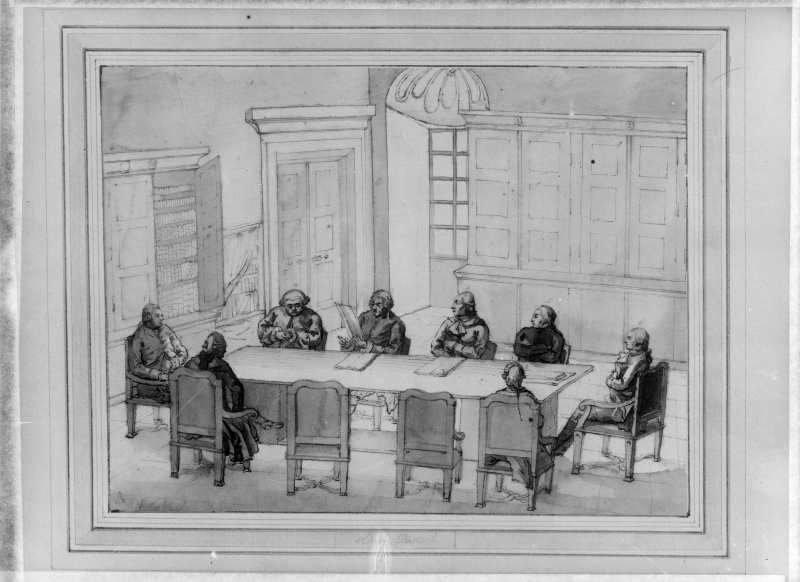
Beginning in the mid-eighteenth century, when censorship was gradually taken over from the Church by the secular state power, the Habsburg Monarchy formed a censorship apparatus that would function until its collapse. For many decades, imperial censorship thoroughly restricted the areas of what was permitted in the press (newspapers, magazines, books), placing under particular suspicion theatrical performances, as these were able to reach even the illiterate. In this project we examine how Slovenian writers, journalists, theater people, and other intellectuals coped with censorship and its apparatus, especially in two key periods: between the French Revolution of 1789 and the March Revolution of 1848, when a preventive (pre-censorial) system was in force, and between 1848 and 1914, when a new, retroactive type of censorship prevailed.